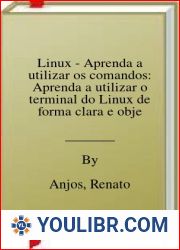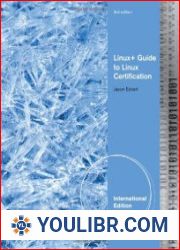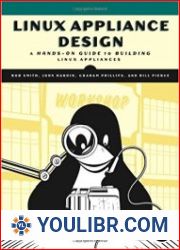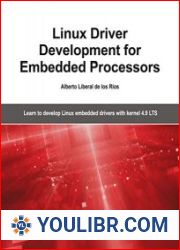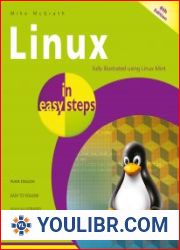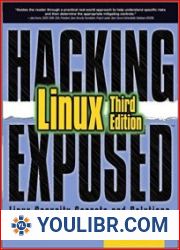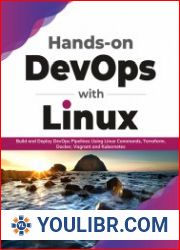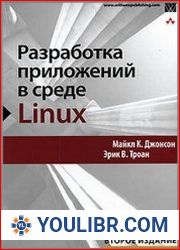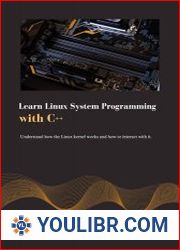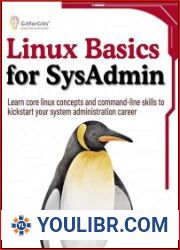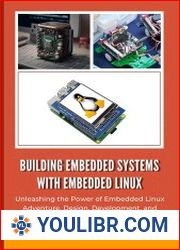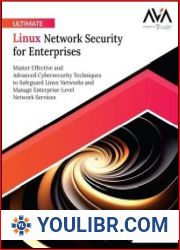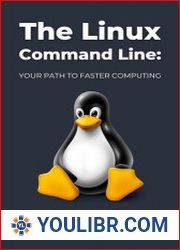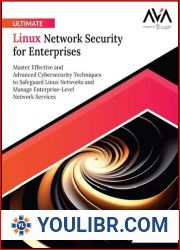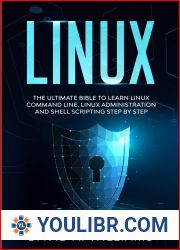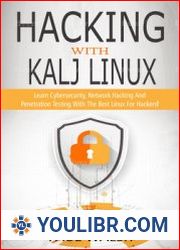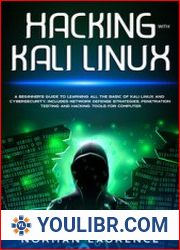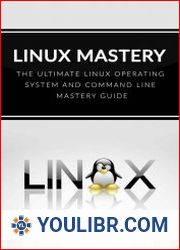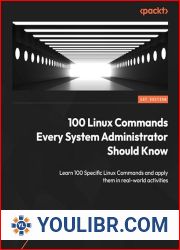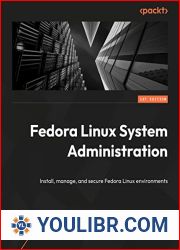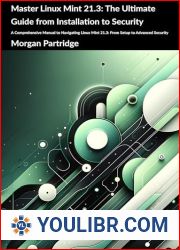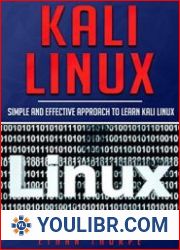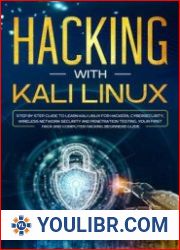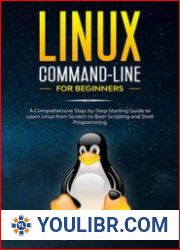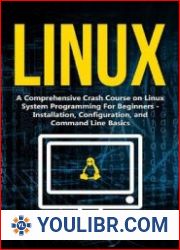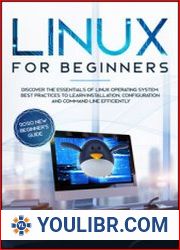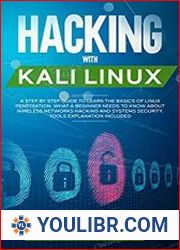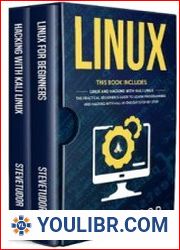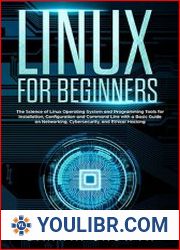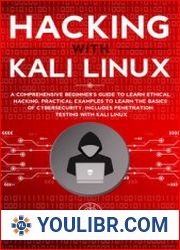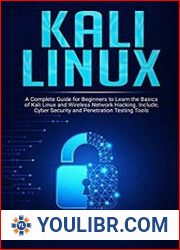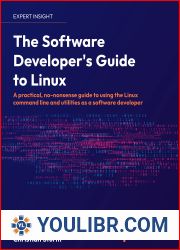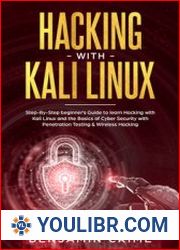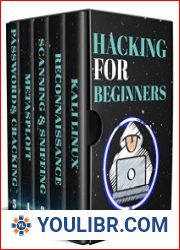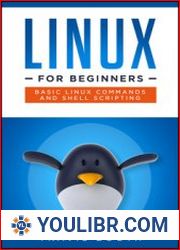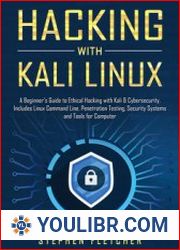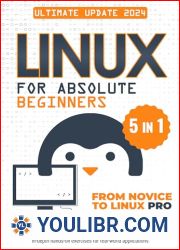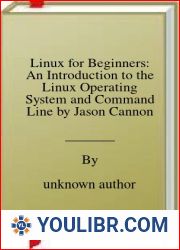
BOOKS - Oracle Linux Cookbook: Embrace Oracle Linux and master Linux Server managemen...

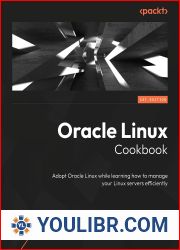
US $7.63

637107

637107
Oracle Linux Cookbook: Embrace Oracle Linux and master Linux Server management
Author: Erik Benner
Year: January 19, 2024
Format: PDF
File size: PDF 59 MB
Language: English
Year: January 19, 2024
Format: PDF
File size: PDF 59 MB
Language: English
Explore various hacks and tricks to get the most out of the Oracle Linux distribution while learning how to tackle the most pressing server management issues such as configurations and deployments. Oracle Linux 8 is a free enterprise-grade, Linux distribution from Oracle. It's free to use, free to download, for all environments. We start with how to get Oracle Linux for both X86 and ARM based platforms. We cover the different ways to install Oracle Linux, like as a Service running on windows, how to install on a Raspberry PI, and more. We even cover how to Upgrade a system using Leapp, allowing major version upgrades like moving from 7 to 8! We continue with more complex installations using a PXE server and kick-start files. The book continues on covering different boot option, managing software with dnf, eliminating single points of failure for Highly Available systems. We also get into how to patch without rebooting. We also dig in BTFS, covering lots of tricks for managing storage. Security is also covered, showing you how to encrypt your data, and tools that help you secure systems. We also have recipes for developers, like how to build a RPM file, touching on Ansible and Terraform for automation, and using Docker and Podman for the containerized world. Going big? No problem. We cover how to manage large-scale deployments using Oracle Linux Manager and then wrap up with how to move all of this to the Cloud. By the end of this book, you will have a large bag of new tricks that will help you become a better Linux admin. This book is for existing Oracle Linux system administrators, CentOS admins who are considering migrating to Oracle Linux 8, and RHEL admins who are also considering migrating to Oracle Linux 8. Basic sysadmin skills should be assumed. This isn't an entry-level book, it's a cookbook of the less known, more complex configurations and it should be focused on Oracle Linux 8.







